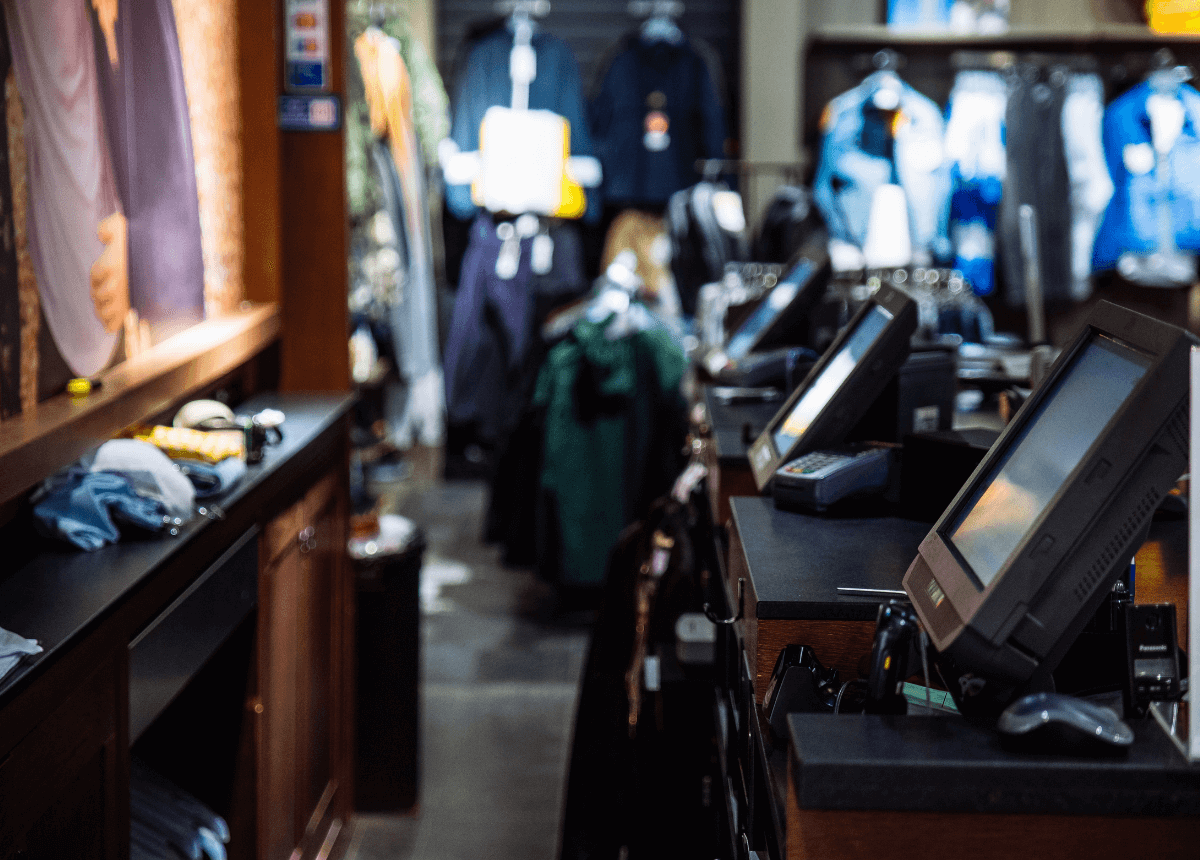Defining Retail "Returnaholics" into four categories
Retail Pedro Ramos
Pedro Ramos

Defining Retail "Returnaholics" into four categories
A lot has been made about a recent article on AOL.com regarding "returnaholics" this week. In fact, that one article led to a quintupling of the site traffic for Agilence as well as multiple radio and television requests for comment.
The reason this is such a hot topic is that it has broad appeal to the general consumer, in addition to retailers themselves. According to a recent study from the NRF, returns account for just over 8% of total sales. That is an estimated $185 billion dollars. Refund fraud and abuse accounts for $9.6 to $14.8 billion dollars per year in the US alone.
Consumers, on the other hand, are now concerned that they are "returnaholics". I was even asked by my sister if she falls into that category. She's close :) In fact, the original article has prompted a new entry in the Urban Dictionary and spawned additional articles and stories (Southbend tribune and News Observer). In fact, Time just posted "Word of the Day: Returnaholics"
So, I thought I'd follow up on the article and provide a little additional color. Based on our findings, I would group "returns" into four categories:
- Casual Consumer: These folks are not the problem. They are good consumers. This is where most of the population falls. Returns are an unavoidable part of life. It's not a daily thing, and its done only when necessary. For example, you get a DVD for your birthday, but you already have it or you buy a dress only to realize it doesn't fit quite as well at home as it did in the dressing room.
- Returnaholics- This group of people are borderline criminals. Not hardened criminals. But, they are gaming the system to get something for free. If not outright illegal, its certainly unethical. These folks actually fall into 2 sub-categories:
- "Wardrobing" - These are the folks who buy an item with the full intention of wearing/using it once and then returning it. The article cites examples of someone buying a drill to make one hole and then returning it when they are done or someone who buys an outfit to wear to a party and returns it the next day.
- "Pointers" - Ok, I did just coin the term, but I think its appropriate. These are folks who are obsessed with getting rewards points form their credit cards. They buy a lot of items from a store on their American Express or other "rewards" credit card. They wait for the points to be added to their account and then return the items. They are, in effect, building a bank of points on their card that they should not have.
- Consumer Refund Fraud - This category is for the criminals. These are the folks who return items they never purchased. In one example that I highlighted in the original article, one of our customers caught a woman who would walk into the store, grab some items off the shelf and promptly head to customer service to "return" them. She was stealing and hitting 27 different stores.
- Employee Refund Fraud - I have so many examples and variations on this one that I could write for hours. But, here is a quick one to illustrate the crime. Imagine you work at a department store in the bedding department. You are working alone and the store is relatively empty. You walk over and grab a comforter off the display and process a return to a gift card,then pocket the gift card. This is a common tactic for associate theft.
The last one requires sophisticated tools to combat. You must be able to sort through all the returns and identify when a customer is present. But, stay tuned for some exciting announcements on that at the upcoming NRF Loss Prevention Conference!
In closing, you are probably NOT a "returnaholic". But, if you are, maybe its time you recalibrated your moral compass.
Related Articles
Is Returns Fraud On the Rise in 2024?
Over the last year, growing levels of shrink among retailers have captured headlines, from quarterly earnings calls to major ...
What's your Real Return Rate? Calculating Omnichannel Returns and Exchanges
Online orders, curbside pickup, BOPIS, and other omnichannel models have redefined how customers can purchase products. Just ...
How to Combat Return Fraud and Abuse
Accepting returns is an important way for retailers to build trust with new customers, encourage confidence in purchases, and...Subscribe to our blog
Receive free educational resources like exclusive reports, webinars, and industry thought leadership articles straight to your inbox.


